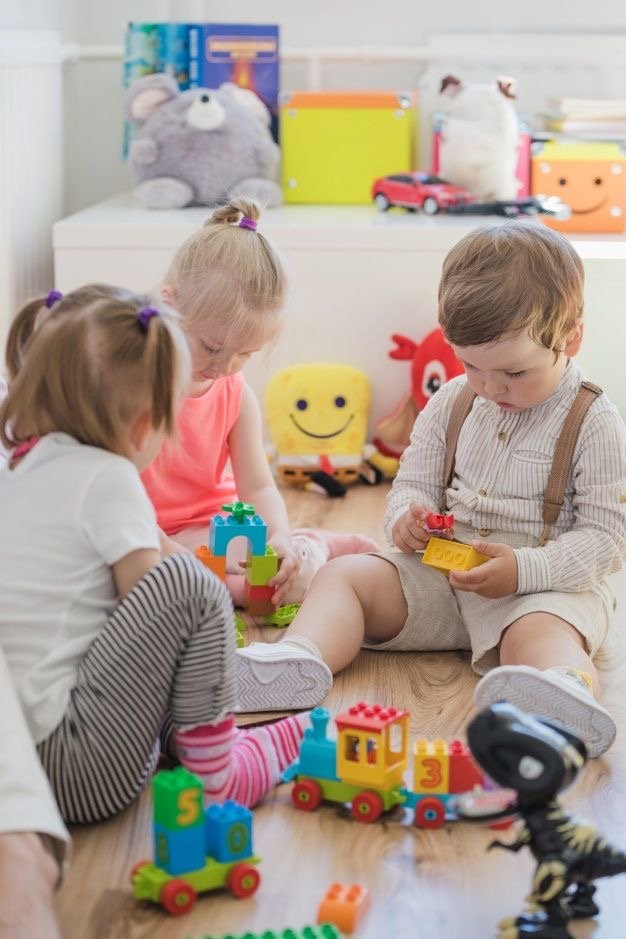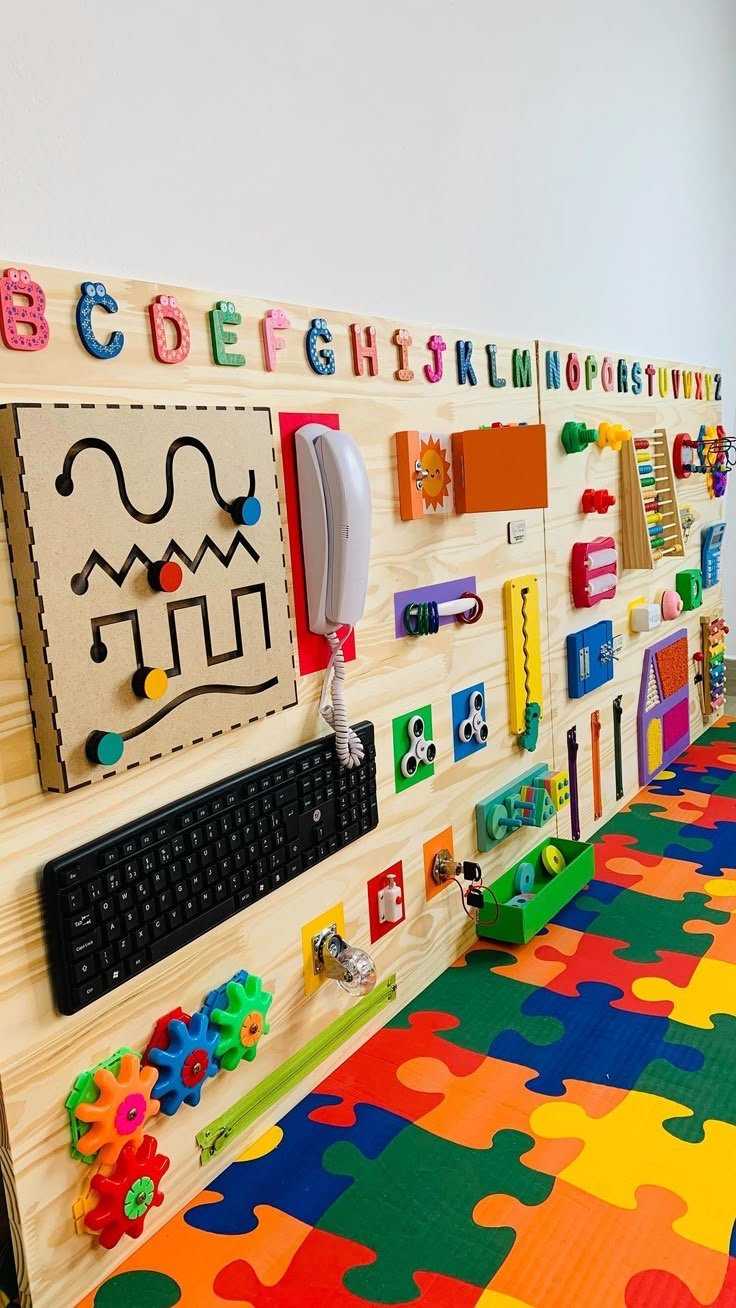If you’ve ever found yourself wondering whether you’re offering too much or too little screen time to your toddler, you’re not alone. In today’s digital world, screen time and toddlers are often inseparable with tablets acting like modern-day pacifiers while parents desperately crave five minutes of peace.
But while handing your child a screen might feel like a quick fix, it’s important to remember that those tiny brains are still developing and what they really crave is connection, not cartoons.
Let’s talk about how to balance screen time and toddlers with empathy, evidence, and zero guilt.

What Experts Say About Screen Time and Toddlers
According to Dr. Jenny Radesky, a leading child development expert and paediatrician at the University of Michigan:
“Passive screen time doesn’t help toddlers learn. It replaces the kind of interactive play and communication their brains are wired to crave.”
The World Health Organization (WHO) recommends:
-
No screen time at all for children under 2 years.
-
No more than 1 hour daily for children aged 2–5, and only if the content is educational and viewed with an adult.
So what does this mean for real-world parenting?
How Screen Time Affects Toddlers
The effects of too much screen time on toddlers can be subtle, but significant:
-
Shortened attention span
-
Delayed speech or language development
-
Sleep disruption due to blue light
-
Increased emotional reactivity
-
Less active, imaginative play
That said, not all screen time is harmful. It’s about being mindful not fearful.

Simple Ways to Reduce Screen Time for Toddlers
Finding a rhythm that works for you and your child is key. Here are gentle, guilt-free strategies to manage screen time without resistance:
1. Swap Screens for Sensory Play
Toddlers learn through their senses. Replace screen time with activities like:
-
Water play or sand trays
-
Playdough or finger painting
-
Stacking blocks or puzzles
-
Music and dancing
-
Exploring nature together
These encourage motor skills, calmness, and creativity.
2. Make Reading a Daily Ritual
Reading aloud isn’t just educational, it’s emotionally bonding. Just 10 minutes a day can make a big difference.
Let your toddler flip pages, point to pictures, and enjoy your voice. Books offer stillness in a world full of noise.
3. Create a Calm Routine
Toddlers thrive with rhythm. Here’s a sample screen-free flow:
-
Morning: Sensory play
-
Afternoon: Storytime
-
Evening: Cuddles and lullabies
Having a rhythm reduces meltdowns and builds structure.

4. Talk, Talk, Talk
Real-world interaction beats any cartoon.
-
Narrate your actions (“Now I’m folding the clothes”)
-
Ask them simple questions
-
Let them respond in their own way
These everyday conversations build emotional safety and language skills.
5. Be Intentional With Screen Time
When screens are necessary:
-
Choose slow-paced, educational shows (e.g. Bluey, Daniel Tiger)
-
Watch with your toddler and explain what’s happening
-
Limit time to 30 minutes or less
Screens aren’t bad passive overuse is. Make it intentional.
Feeling Guilty About Screen Time?
If you’ve ever scrolled Instagram and felt like you’re the “bad” parent because of too much screen time , just breathe.
Start small:
-
Swap just one screen session a day for a connection-based activity
-
Let go of perfection
-
Focus on presence, not performance
Why Balancing Screen Time and Toddlers Is Worth It
Children won’t remember the show they watched on loop. But they will remember how you made them feel.
By creating routines filled with connection and creativity, you’re not only limiting screen time you’re shaping how your child sees themselves, the world, and what love feels like.

Balance Over Burnout
Screen time and toddlers don’t have to be a constant battle. With small, intentional shifts and more face-to-face time, you can nurture your child’s brain and heart without shame or burnout.
So the next time you reach for the tablet, pause. Sit on the floor. Read a story. Build a tower. Splash water.
Because your presence matters more than anything on the screen.
[…] a world that often praises discipline and toughness, raising emotionally intelligent kids through soft parenting is a quiet rebellion one rooted in empathy, strength, and […]